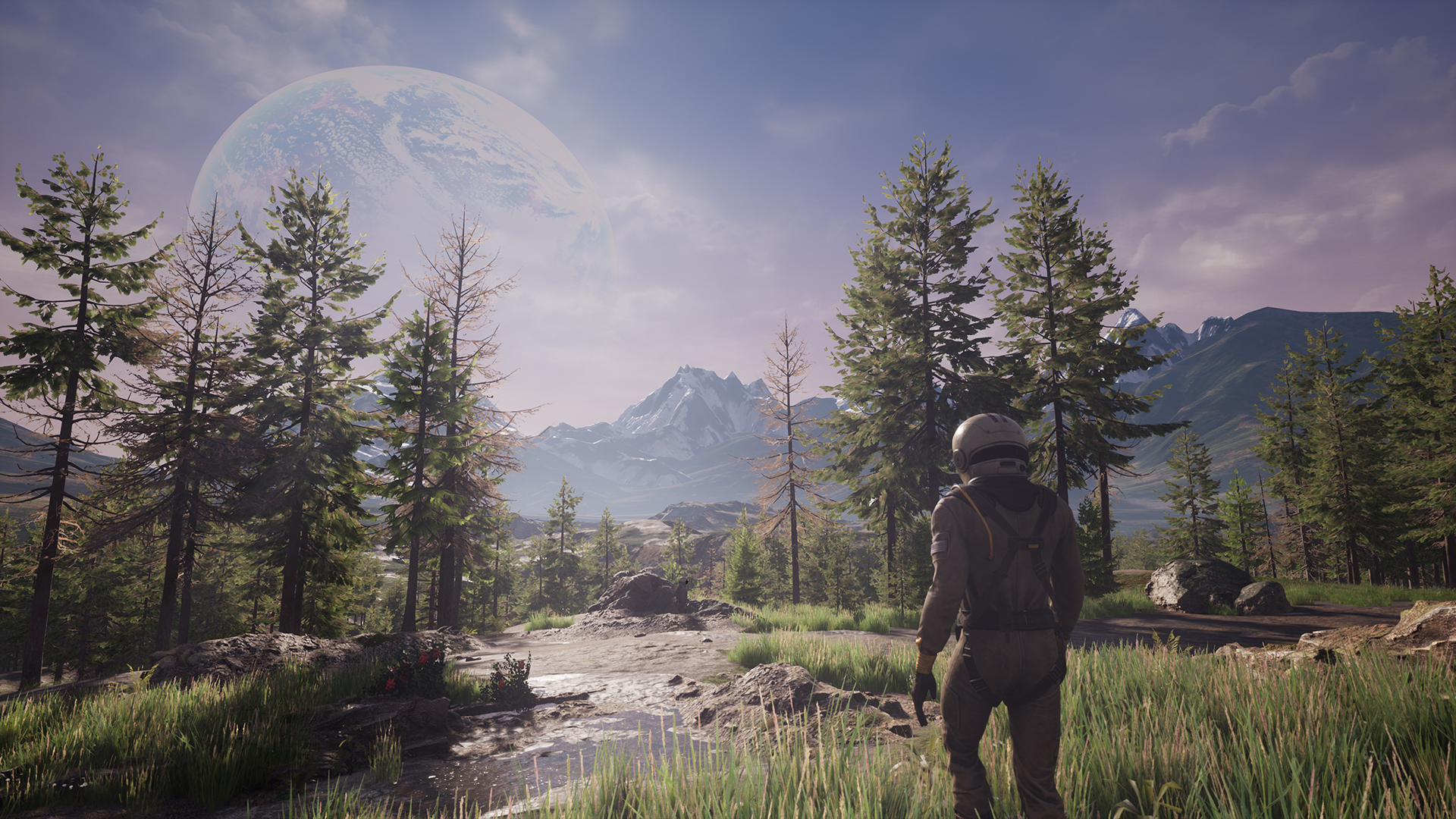This New Zealand Industry Grew Massively Over Lockdown & Currently Has Staff Shortages
We live in strange times, and while everything is in flux, it may have made some of us hyper aware of where the next stable job might be found. It seems that gigs that aren’t so reliant on brick and mortar stores or social gatherings are the most Covid-resistant industries.
It was one of our newest industries that grew $120 million over lockdown, video game developers were the big winners this year, along with presumably the booze industry (because what else are you going to do when you’re locked up at home).
“Games and interactive media have given so many people the opportunity to come together when lockdowns and border closures have kept them apart,” says New Zealand Game Developers Association Chairperson Chelsea Rapp.
“The games industry has proven itself particularly resilient during the Covid-19 pandemic, both here in New Zealand and around the world. We are uniquely positioned to contribute to our economic recovery with weightless digital exports, but that growth will depend heavily on our ability to support young and emerging enterprises.”
The games industry also isn’t reliant on borders, or their related controls either. New Zealand devs made 96% of their income from overseas audiences. The figures come from the annual New Zealand Game Developers Industry Survey of 42 interactive, gaming, virtual reality, augmented reality and education tech companies.
Only 17% of the surveyed devs predicted a shortfall in sales this year and there a couple other downsides. While lockdowns have increased the market opportunity, travel restrictions have mitigated any chances to press the flesh and thrash out any new publishing deals and secure funding. The top four challenges studios reported facing were a shortage of experienced staff, Covid-19 travel restrictions, attracting early stage funding and attracting investment for expansion.
Interactive studios are spread around the country, with 40% in Auckland, 26% in Wellington, 14% in Otago, 10% in Canterbury, 5% in Waikato and 5% in Bay of Plenty.
So if you were thinking of a career change right now, the games industry is seeing a shortfall in experience. So maybe dust off that old Unity project you started five years ago and start upskilling again. For the studios that reported skills shortages, 89% were seeking programmers, 33% 3D artists, 33% game designers, 15% 2D artists, 15% management, 11% producers, 4% quality assurance, 4% audio and 4% writers.
Just saying.

